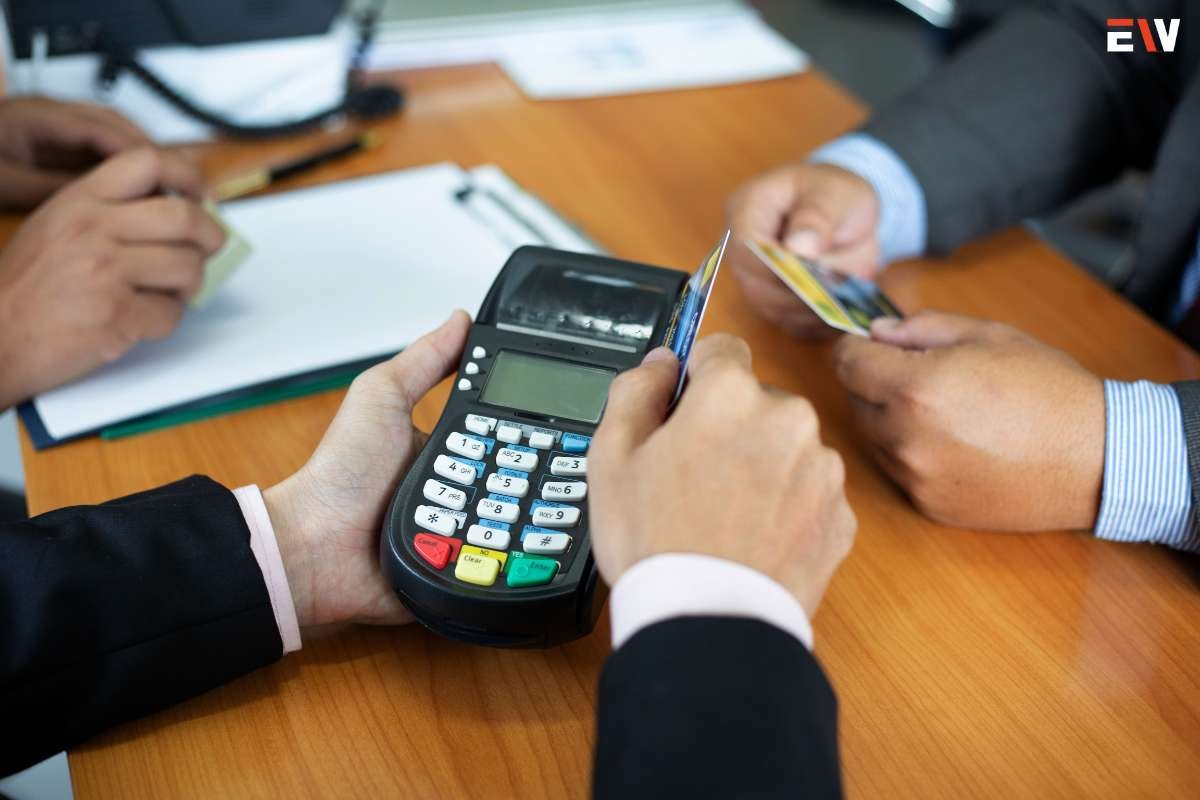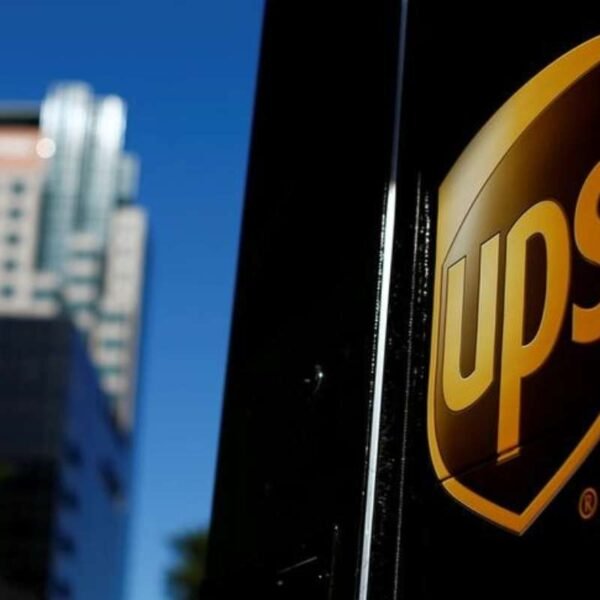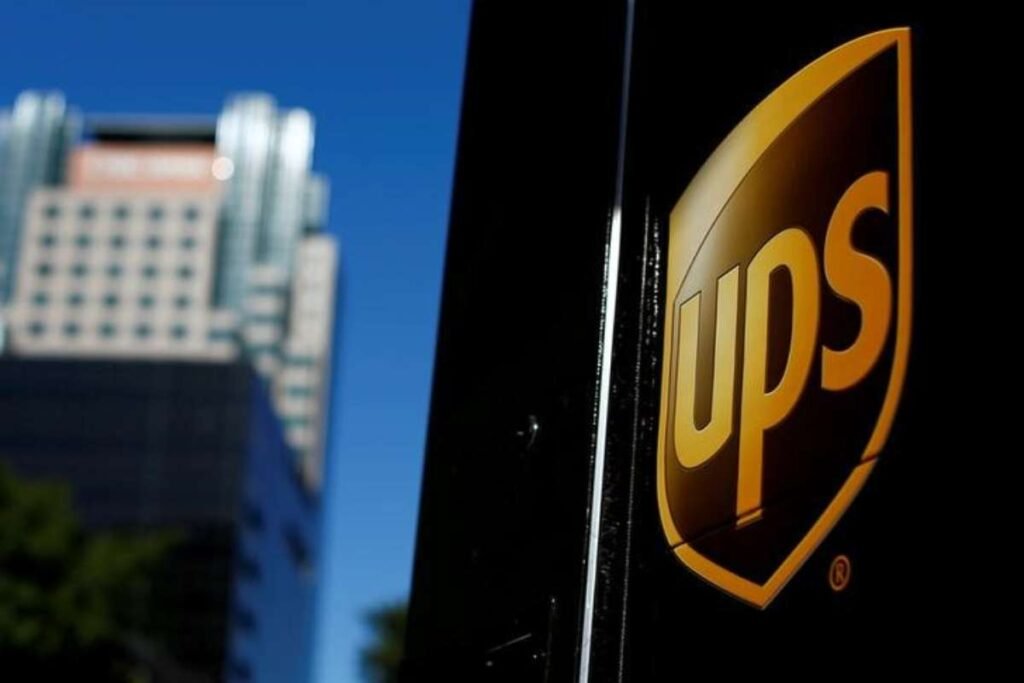It appears that inflation isn’t quite reaching the desired levels, as evident from VISA and Mastercard increasing their swipe fees, which unfortunately are then transferred to us, the consumers. Despite the potential for substantial gains from inflation, the decision seems to be driven by greed. In the past five weeks leading up to the Labor Day weekend, the average retail price of regular gasoline in the United States has climbed by 6%, according to the U.S. Energy Information Administration (EIA), which released this information on Thursday.
On August 28, 2023, the Monday prior to the Labor Day weekend, the retail price for regular gasoline averaged at $3.81 per gallon throughout the U.S. During the last five weeks, prices have risen by 6%, equivalent to $0.22 per gallon. These increases are attributed to factors such as production cuts by Saudi Arabia, limited U.S. gasoline inventories, and scheduled maintenance of refineries in the U.S. Northeast.
Consulting firm collaborating with merchants
The focus of these price hikes is predominantly on online purchases, a move that could potentially lead to U.S. merchants facing an additional sum of $502 million in fees annually. CMSPI, a consulting firm collaborating with merchants, estimated that network fees would contribute a little over half of this revenue, with the remaining portion coming from interchange swipe fees,, often referred to as swipe fees.
Interchange fees are charged to merchants when customers make payments with credit cards. Despite being concealed from consumers, these fees have sparked considerable debate between card networks and merchants of all scales, ranging from prominent online retailers to small local enterprises.
A comparable rule is already in place for debit cards
According to the Nilson Report, merchants in the U.S. paid approximately $93 billion in credit card fees to Visa and Mastercard in 2022, marking a substantial increase from the $33 billion recorded in 2012. To mitigate the impact of these swipe fees,, some small businesses have begun offering discounts to customers who opt to pay with debit cards, cash, or checks.
Acknowledging the apprehensions linked to credit card fees and their consequences for businesses, legislators in both the House and Senate have recently reintroduced legislation with the objective of allowing merchants to process Visa and Mastercard credit cards through alternative networks. It’s worth noting that a comparable rule is already in place for debit cards.
The introduction of this bill has the possibility of reducing the fees that merchants are currently required to bear. The House and Senate bills have been forwarded to their respective committees for further evaluation and deliberation.










